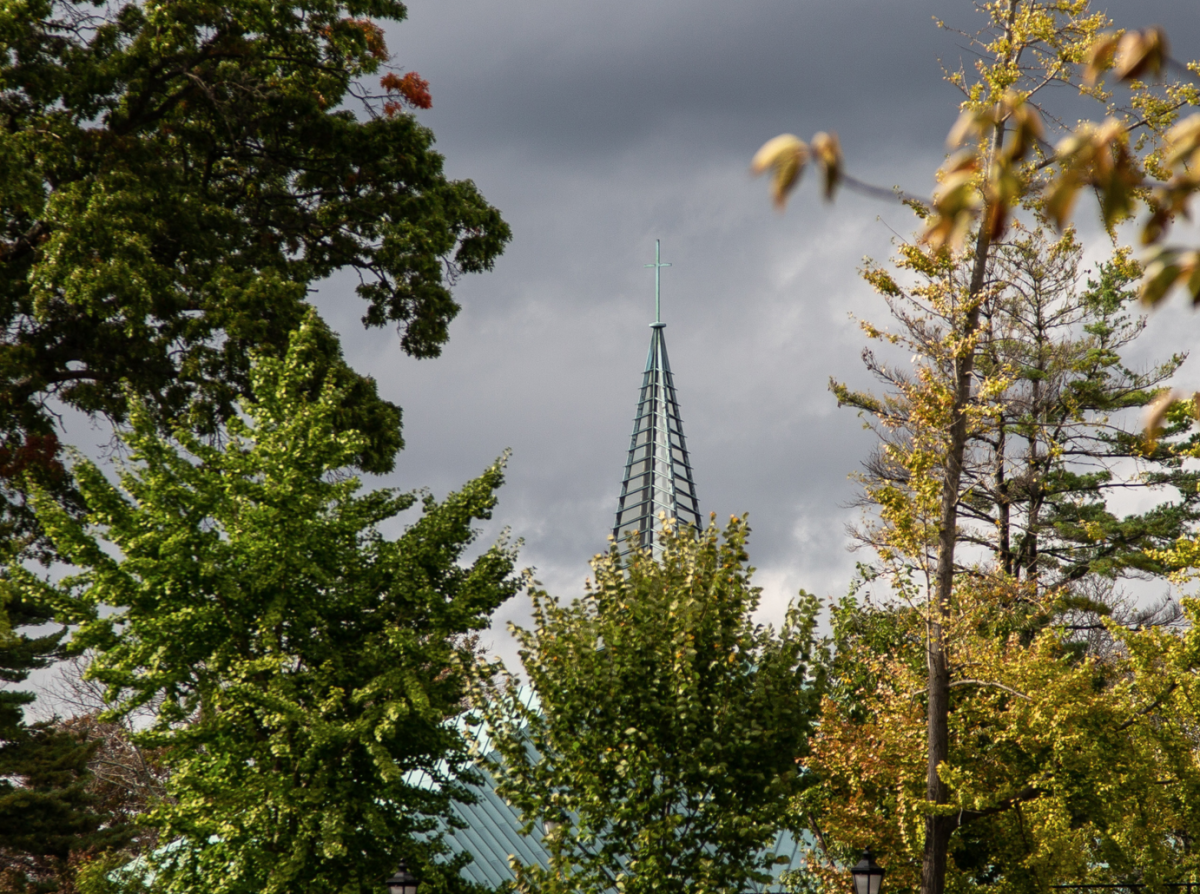Trust in Church dwindles as more in leadership are accused
Bishop Michael Bransfield resigned on Thursday Sept. 13, the same day Pope Francis authorized an investigation to take place surrounding allegations of Bransfield’s sexual harassment of adults.
Revelations of sexual abuse within the Catholic Church came to light on Aug. 14, when a Pennsylvania grand jury report containing the names and crimes of over 300 clergy members was released to the public.
Bishop Michael Bransfield and Cardinal Donald Wuerl, who both previously served as members of the clergy in Pennsylvania, have received accusations of misconduct over the past few days.
“One of the main focuses of the Church is trust, trust in God and trust in your leaders,” Eliza Rocco ’20 said. “It’s disheartening. All of this forces members of the Church to reimagine what that trust looks like moving forward.”
In 2012, Bransfield was involved in Philadelphia’s priestly sex abuse case.
After Bransfield denied the allegations and claimed vindication, the Church still allowed him to continue working in the ministry until he offered to retire last week, which is required when a member of the clergy turns 75.
Wuerl, a member of Pennsylvania’s most recent grand jury investigation, is also facing backlash after numerous claims of his mishandling reports of misconduct of priests and clergy members.
Wuerl plans to travel to Rome to meet with the Pope for conversations regarding his potential resignation.
Wuerl, currently the archbishop of Washington, D.C., led the diocese of Pittsburgh for 18 years and presided over 32 accused priests during his time there. There are currently two dozen cases of sexual abuse included in the investigation against Wuerl.
“As someone who is not religious, I feel like there is not enough conversation about the amount of cases that are coming through,” Zara Dugan ’21 said. “If they [the clergy] had come right out and said ‘this is what happened and this is how we are going to hold ourselves accountable,’ it would have been a different situation. But because it’s all coming out at once and coming out that members of church leadership hid it, it’s scarier.”
The Archdiocese of Philadelphia refused to comment for this story directly, but in a statement released in mid-August said in part, “[The Archdiocese] has a zero-tolerance policy for clergy, lay employees and volunteers who engage in abuse of children or misconduct with minors and takes immediate action when an accusation is made.”
In August, “shame and sorrow” was expressed by the Vatican over the more than 300 priests in Pennsylvania who have sexually abused minors in the past few decades.
“A more open church is key,” Rocco said. “It is hard to, as a church and as a faith that focuses on community, be true to that community if we aren’t open with and about the Church’s leadership.”














































